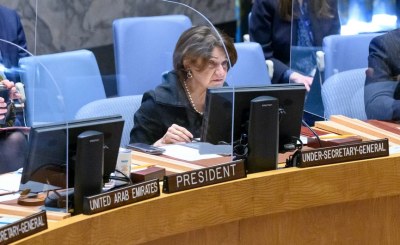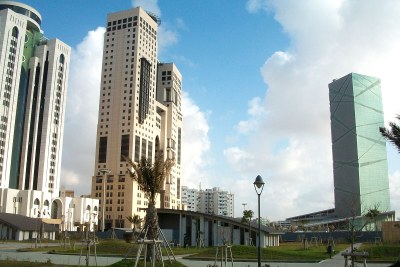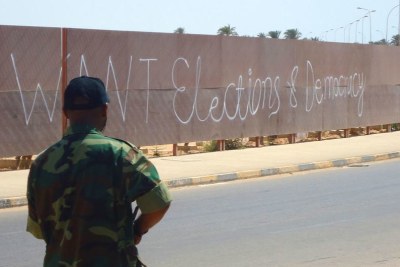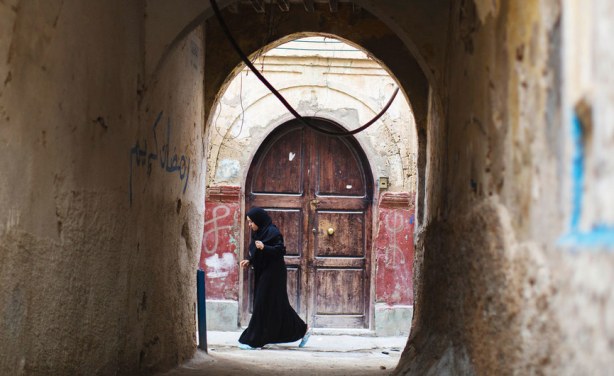-
Libya: Tensions Rise As Risk of 'Parallel Governments' Grows, Security Council Hears
UN News, 16 March 2022
Amid a political impasse that threatens to see Libya fractured again by two parallel governments, the priority must be maintaining hard-won gains and fulfilling the electoral… Read more »
-
Libya: UN - Dueling Governments in Libya Could Lead to More Instability
VOA, 16 March 2022
A senior U.N. official warned Wednesday that the current political standoff in Libya could lead to instability and two parallel governments in the country. Read more »
Parallel Governments Cause of Tension in Libya - UN
The UN political affairs chief Rosemary DiCarlo, has told the Security Council that amid a political impasse that threatens to see Libya fractured again by two parallel governments, the priority must be maintaining hard-won gains and fulfilling the electoral aspirations of nearly three million registered voters
"Libya is now facing a new phase of political polarization, which risks dividing its institutions once again and reversing the gains achieved over the past two years," Di Carlo warned.
Libya's House of Representatives had approved the formation of a new government, designating Fathi Bashagha, a former Minister of Interior, as the new prime minister.
On February 24, 2022 the High State Council - based in the internationally recognised administration's centre of government in Tripoli, and born out of the UN-supported Libyan Political Agreement of 2015 - rejected the parliamentary declaration, setting up a serious impasse that is now once again ramping up tensions in the conflict-wrought nation.
InFocus
-
The Libyan parliament granted its confidence to the government of Prime Minister Fathi Bachagha, appointed two weeks ago to replace the cabinet of Abdel Hamid Dbeibah, whose ... Read more »
-
Two days before Libyans were to go to the ballots for a new interim president on December 24, the country's election officials admitted the first-round vote would Read more »





